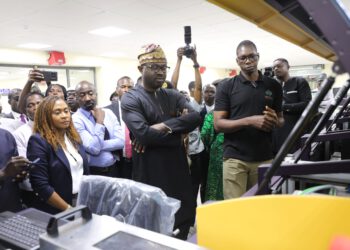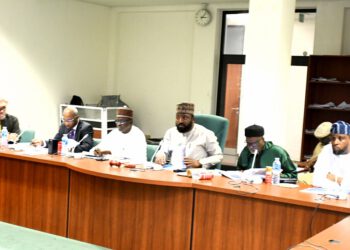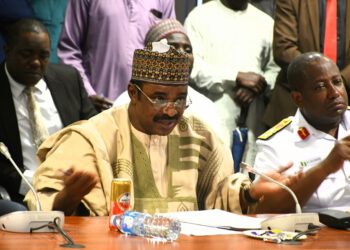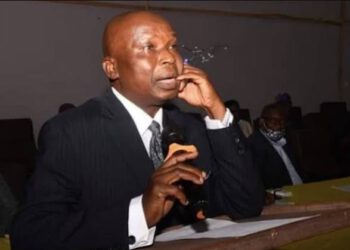The Federal Government has announced the abolition of Junior Secondary School (JSS) and Senior Secondary School (SSS) and introduced a compulsory 12-year uninterrupted basic education system before students can proceed to higher education.
This reform marks a shift from the 6-3-3-4 education model to a 12-4 structure, ensuring students receive continuous education up to age 16 before advancing to tertiary institutions.
Additionally, the government has proposed 16 years as the minimum age requirement for admission into Nigerian universities and other higher institutions, pending approval by the National Council on Education (NCE).
The Minister of Education, Dr. Tunji Alausa, made these announcements on Thursday in Abuja during the 2025 Extraordinary National Council on Education Meeting. The event, attended by education commissioners from all 36 states, the FCT, and stakeholders in the education sector, discussed the policy shift aimed at improving learning outcomes and reducing school dropout rates.
Benefits of the Reform
Dr. Alausa stated that integrating secondary education into basic education would provide students with uninterrupted learning opportunities while eliminating financial and systemic barriers that force many students out of school prematurely.
“Extending basic education to 12 years will ensure a standardized curriculum across the country,” he said. “It will also expose students to vocational and entrepreneurial skills early, preparing them for both higher education and employment.”
He noted that many developed nations operate similar 12-year basic education models, ensuring students acquire a strong educational foundation before specialization at the tertiary level.
The policy, he added, would also have economic and social benefits, as better-educated youth contribute to national development while reducing issues like child labor and juvenile delinquency.
Implementation Strategies
To successfully transition to the new system, the government plans to focus on:
• Policy reforms to integrate secondary education into basic education
• Infrastructure expansion to accommodate more students
• Teacher training and recruitment to enhance instructional quality
• Increased funding and partnerships to support implementation
• Curriculum enhancement to align with global education standards
Dr. Alausa emphasized that the reform aligns Nigeria’s education system with international best practices and will enhance the nation’s global competitiveness in education.





















